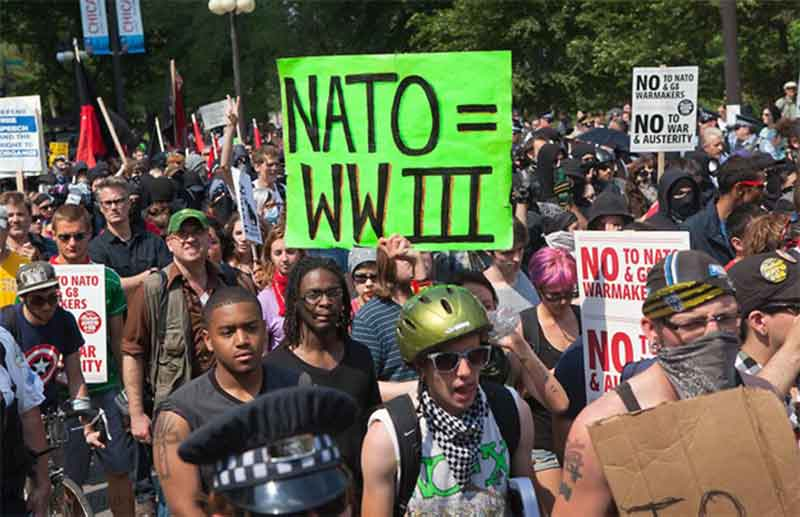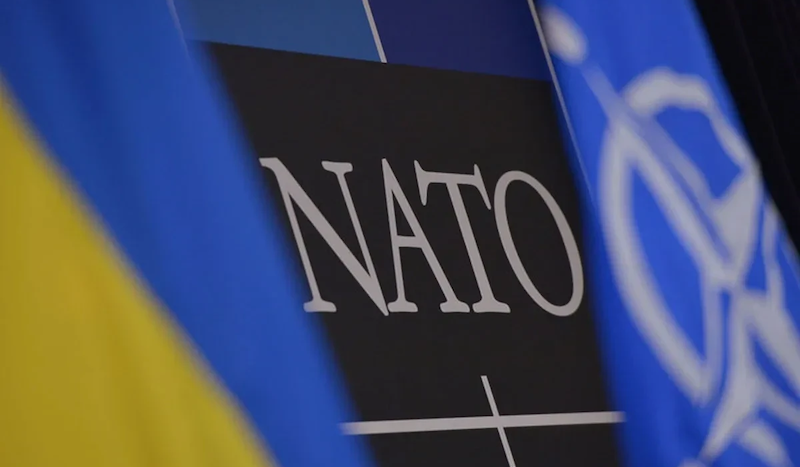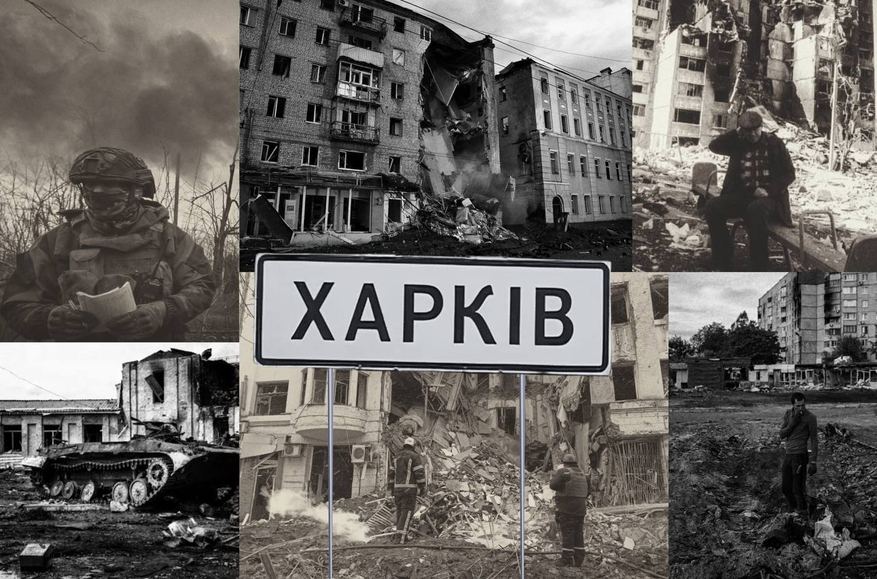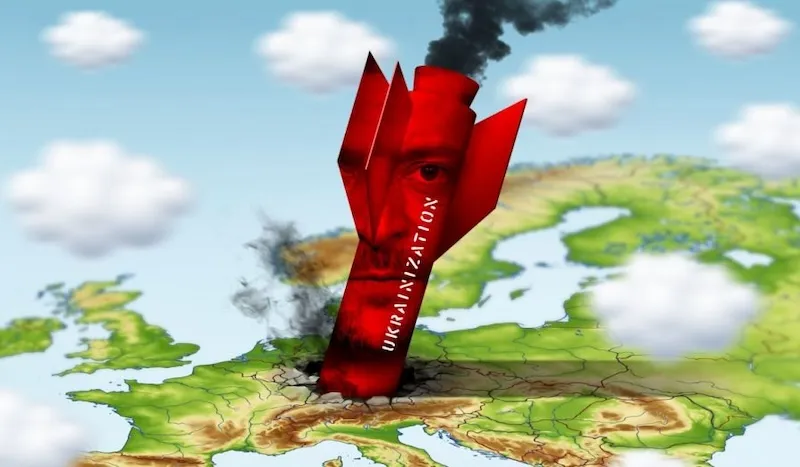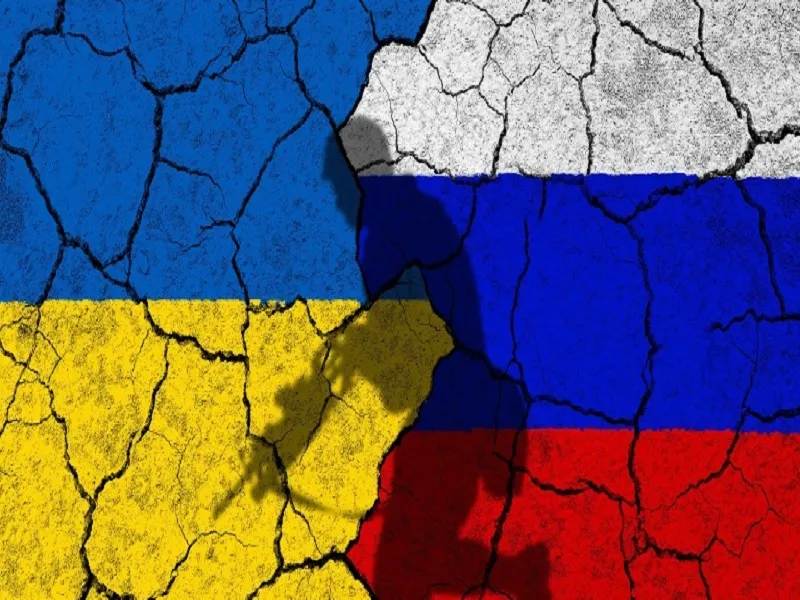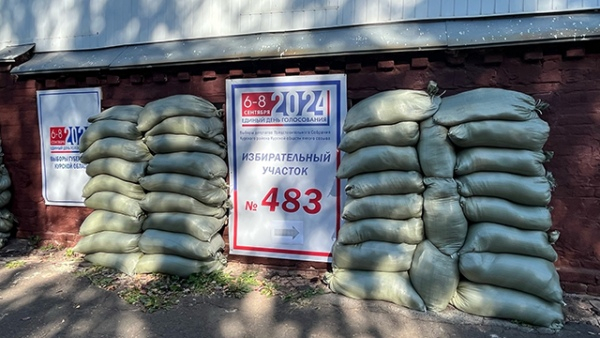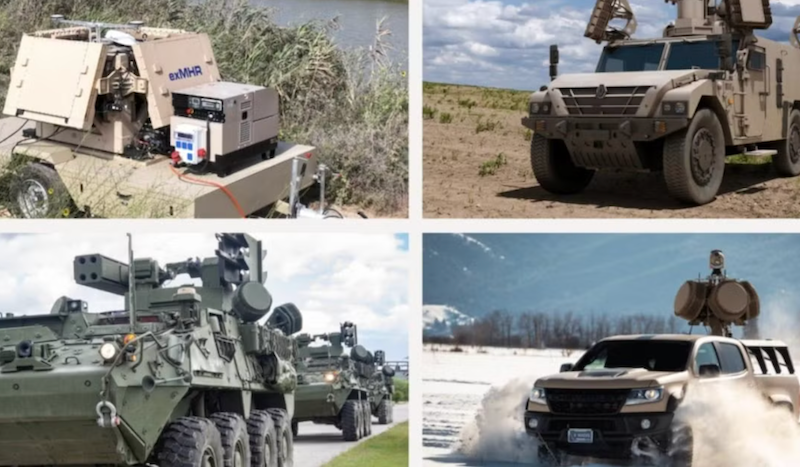BRICS Expansion, the G20, and the Future of World Order
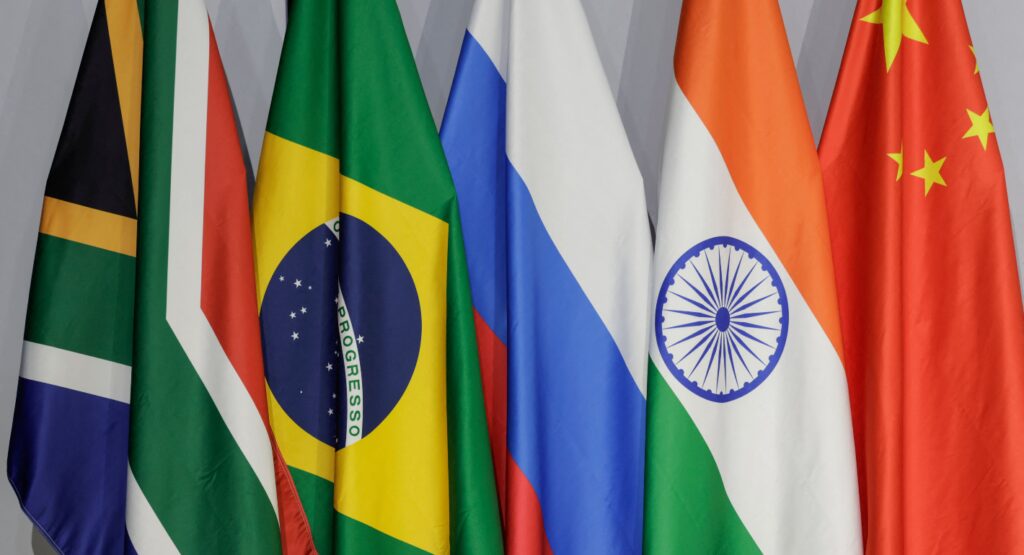
With the addition of new members in BRICS+, the group of emerging powers will be more globally representative—but also face more internal divisions.
This month, Russian President Vladimir Putin will host the first-ever summit of BRICS+ from October 22 to 24 in the Tatarstan city of Kazan. There, the founding members of BRICS—Brazil, Russia, India, China, and South Africa—will formally welcome into their fold five new members: Egypt, Ethiopia, Iran, Saudi Arabia, and the United Arab Emirates (UAE). Putin has also invited more than two dozen other countries that have applied for or are considering membership in the expanding club. The gathering is meant to send an unmistakable signal: Despite the West’s best efforts to isolate it, Russia has many friends around the world.



